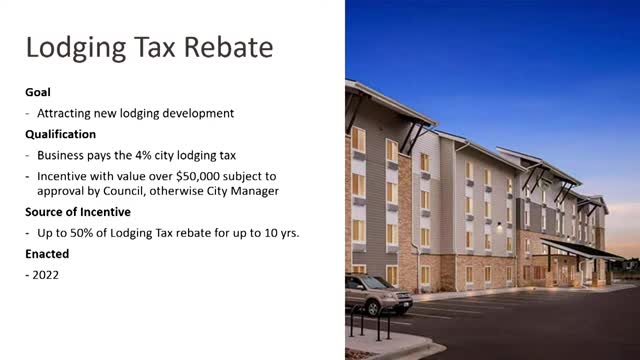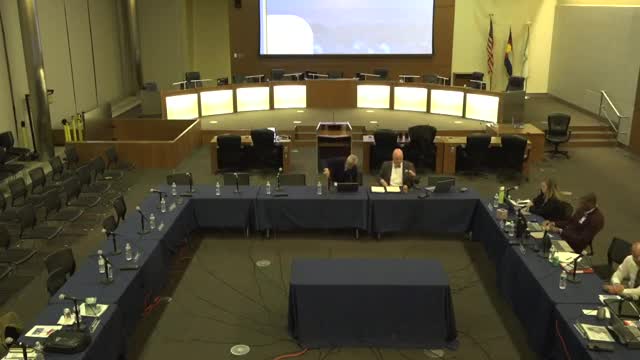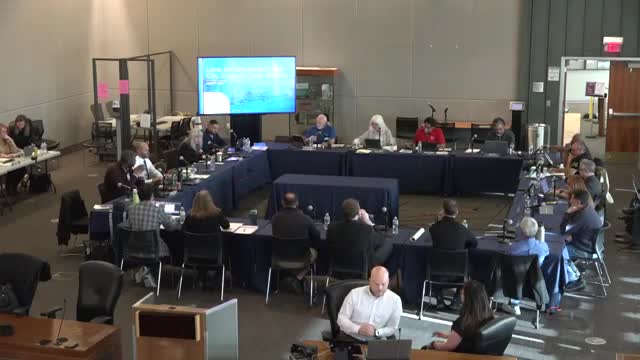Article not found
This article is no longer available. But don't worry—we've gathered other articles that discuss the same topic.

Market study: Bison Grill expansion could grow annual food-and-beverage revenue; staff to seek bids and ramp marketing

Commerce City economic-development team says city captures strong sales tax but retail gaps remain on the north side

